AI Answer Evaluation Platform Live Now. Try Free Answer Evaluation Now
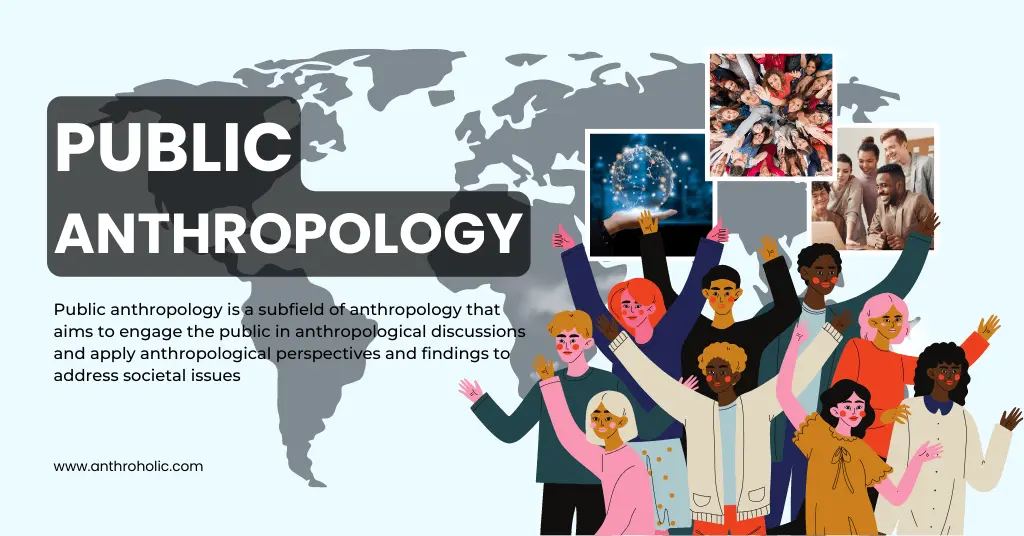
Public Anthropology
Public anthropology is a subfield of anthropology that aims to engage the public in anthropological discussions
+91-7303290503, +91-9557169661 | MON to SUN 10:00 AM - 6:00 PM
"Exploring the Diversity of Human Culture: Insights from Anthropology"

Public anthropology is a subfield of anthropology that aims to engage the public in anthropological discussions
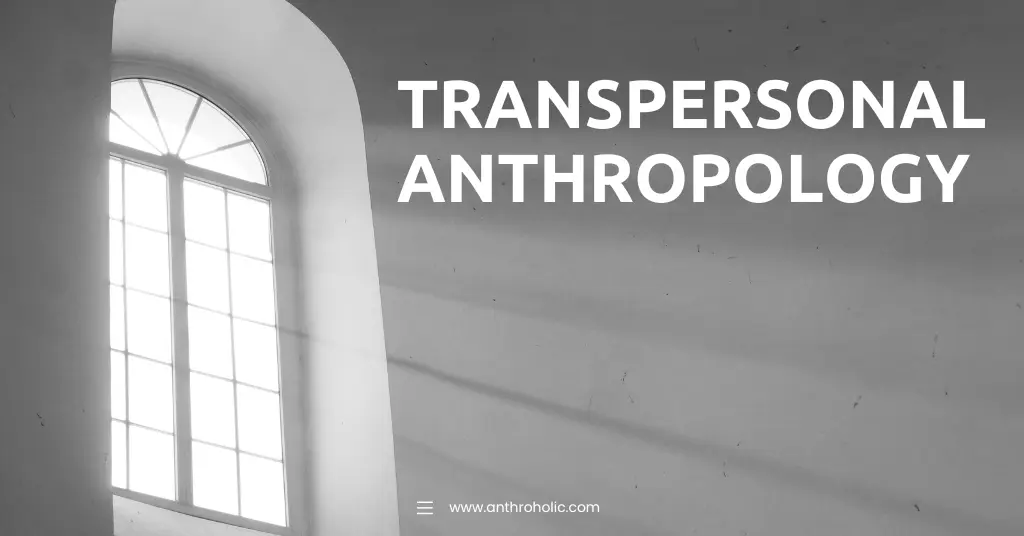
Transpersonal anthropology is a relatively new and interdisciplinary field that emerged in the latter half of the 20th century.
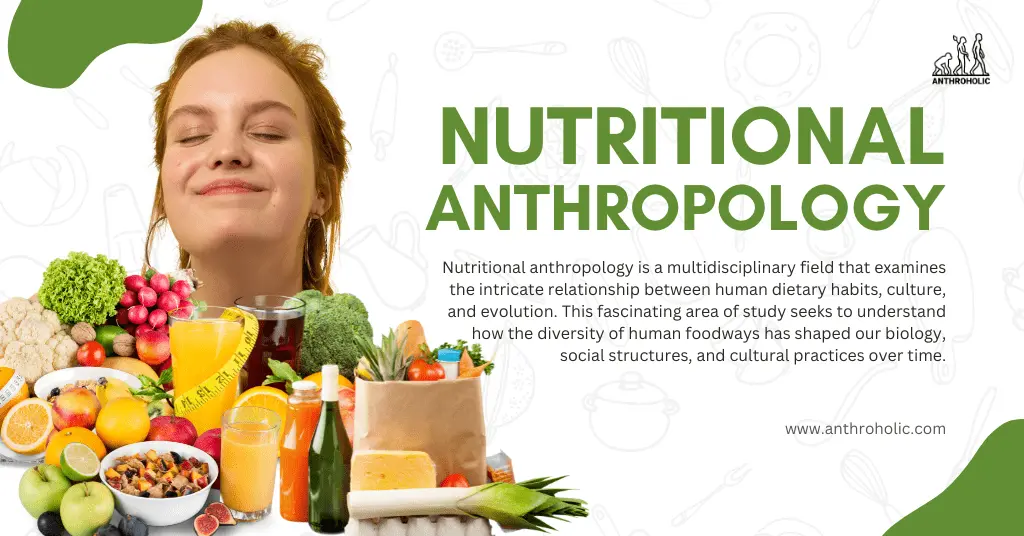
Nutritional anthropology is a multidisciplinary field that examines the intricate relationship between human dietary habits, culture, and evolution.
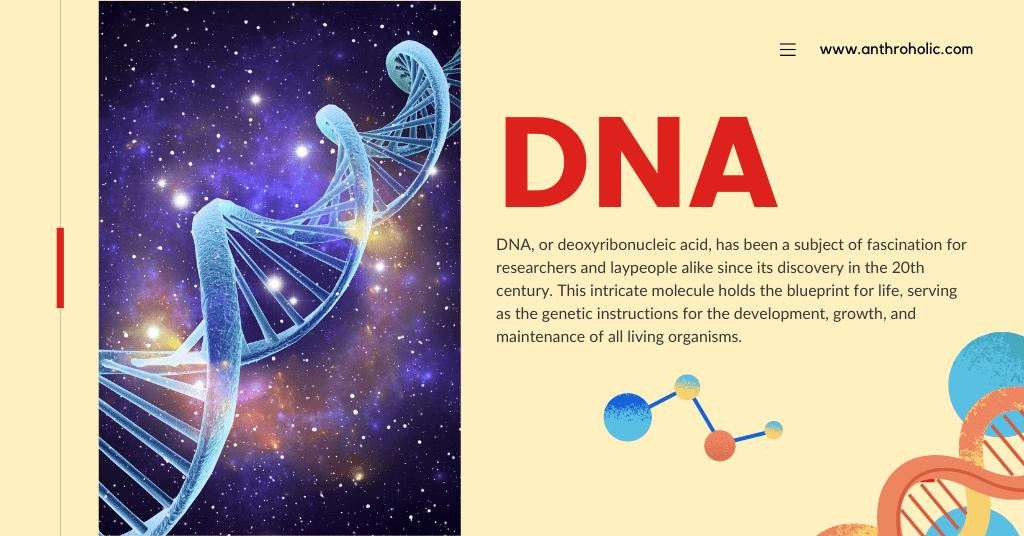
DNA, or deoxyribonucleic acid, has been a subject of fascination for researchers and laypeople alike since its discovery in the 20th century.
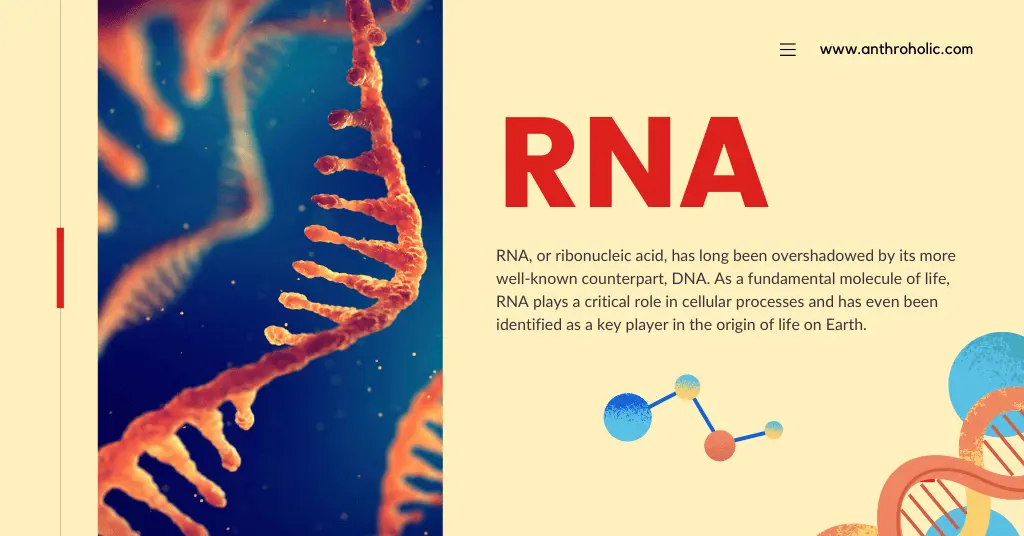
RNA, or ribonucleic acid, has long been overshadowed by its more well-known counterpart, DNA. As a fundamental molecule
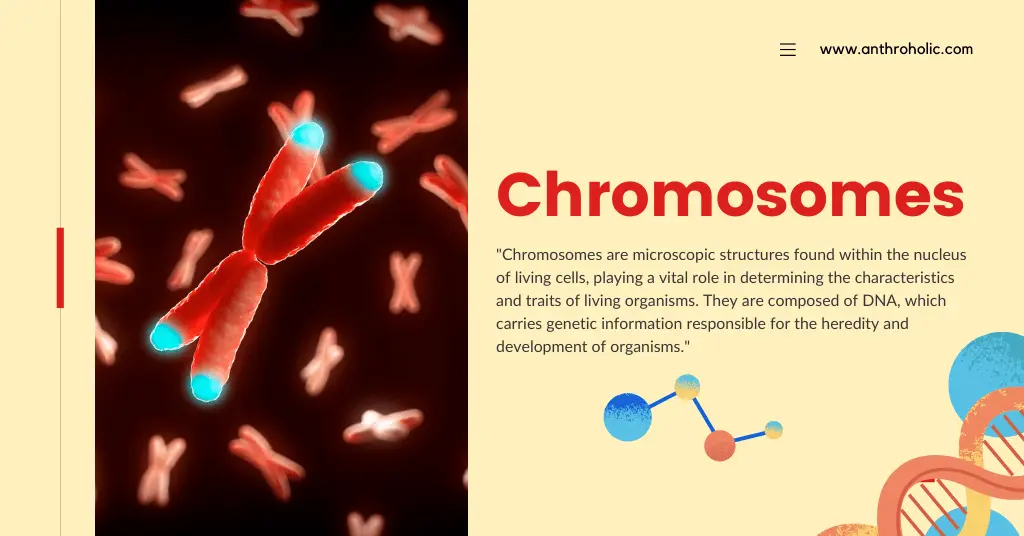
Chromosomes are microscopic structures found within the nucleus of living cells, playing a vital role in determining the
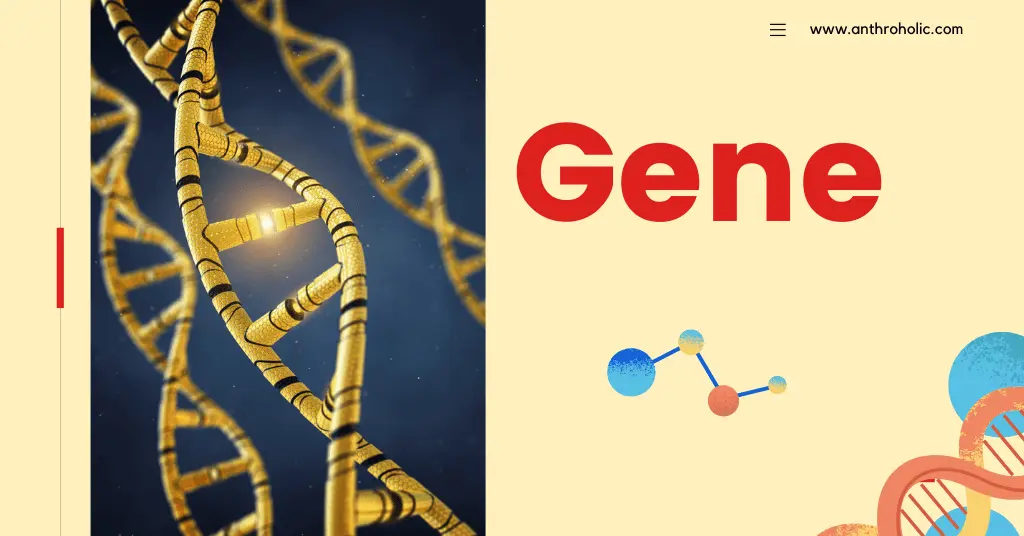
Genes are segments of DNA (deoxyribonucleic acid), a molecule composed of two long, intertwined chains made up of nucleotides.
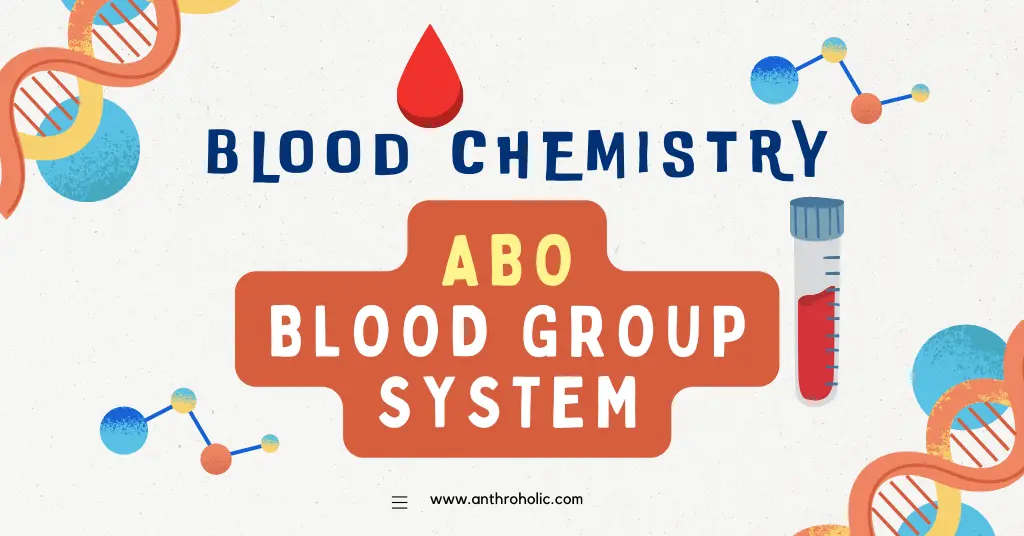
The ABO blood group system, the first and most significant blood classification system known to mankind, has played a critical
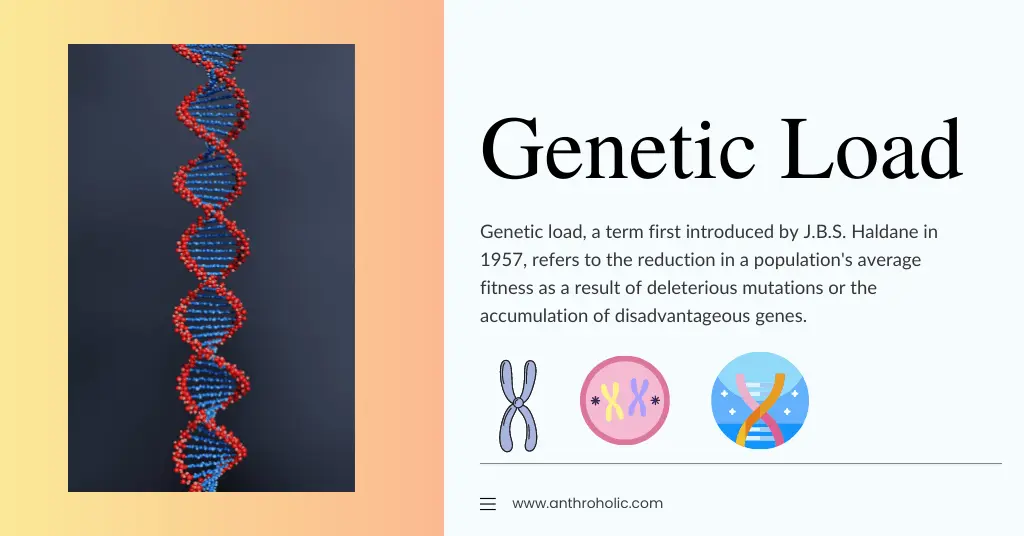
Genetic load, a term first introduced by J.B.S. Haldane in 1957, refers to the reduction in a population's average
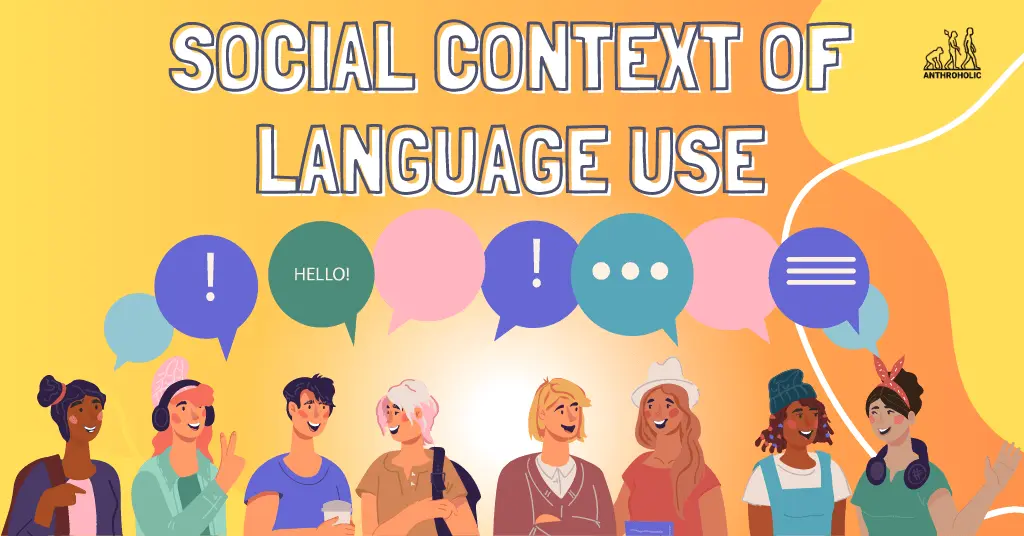
The social context of language use refers to the various factors that shape how individuals use language to communicate

The formalist and substantivist debate remains a critical point of discussion in economic anthropology, primarily concerning
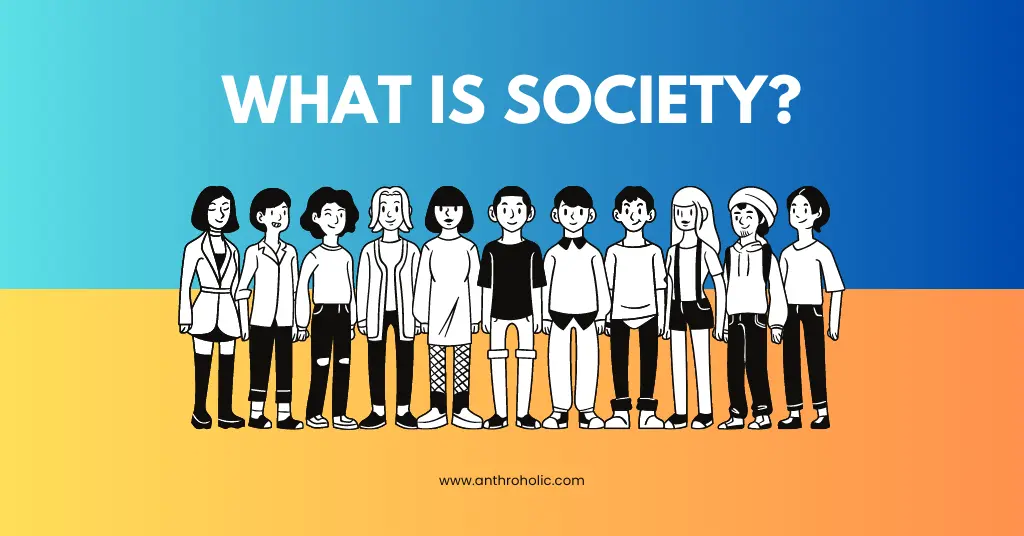
Society can be defined as a group of individuals who share common customs, norms, values, and institutions, and who